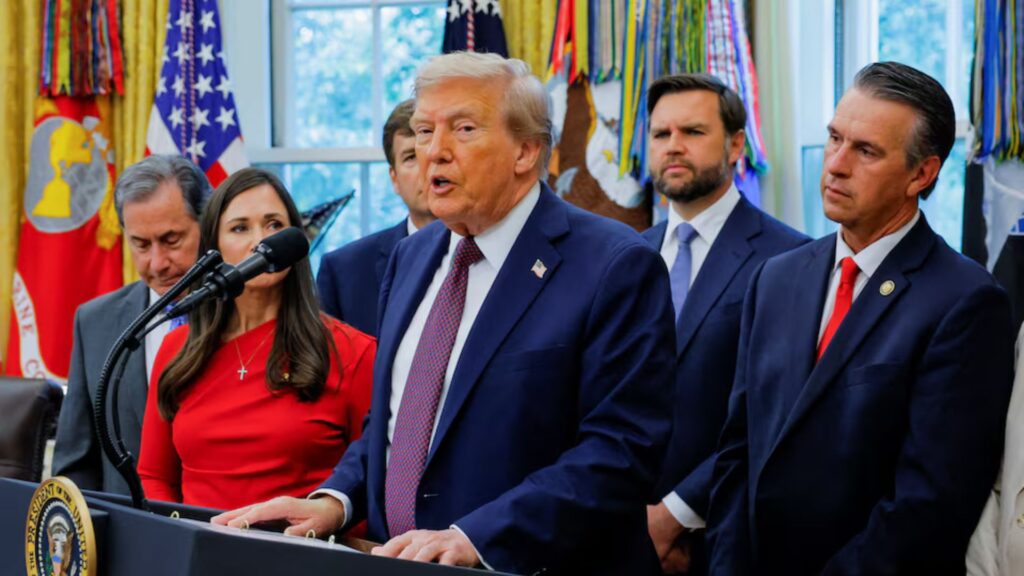
By The Kaipher Editorial Team | September 5, 2025 01:00 GMT−03
WASHINGTON, September 2, 2025
President Donald Trump announced that U.S. forces executed a lethal strike on a Venezuelan-flagged speedboat in international waters of the southern Caribbean, killing 11 individuals he identified as members of the Tren de Aragua drug gang. U.S. Southern Command warships and a nuclear-powered submarine had been deployed weeks earlier to stem a surge of narcotics bound for American shores. According to Trump, the vessel was “loaded with a significant amount of drugs” and represented an imminent threat to U.S. national security.
![Drone footage shows a vessel engulfed in flames after the strike.]
Detailed Caption: Unclassified drone imagery released by President Trump depicts the moment the boat, allegedly carrying cocaine, bursts into flames. Photo: White House/Screenshot
Immediate Context & Details
On September 2, the U.S. Navy targeted the speedboat following real-time intelligence that linked it to Venezuela’s Tren de Aragua cartel, designated a “foreign terrorist organization” by Washington in February. “No U.S. personnel were injured in this operation,” Trump stated, emphasizing this as the first known kinetic action since the deployment of seven warships and over 4,500 sailors and Marines to the southern Caribbean. Secretary of State Marco Rubio described it as a “lethal strike” against a “drug vessel that had departed Venezuela” and vowed similar operations would continue.
Venezuelan Communications Minister Freddy Ñáñez dismissed the U.S. account, accusing officials of fabricating the video via artificial intelligence. President Nicolás Maduro condemned the action as an “illegal massacre” and mobilized militia units, warning of a “republic in arms” if further aggression occurs. Two Venezuelan F-16 fighters later flew dangerously close to a U.S. destroyer, prompting Pentagon warnings of “highly provocative” maneuvers.
Background & Historical Context
U.S. maritime counter-narcotics operations traditionally involve Coast Guard interceptions and vessel seizures, not direct strikes. A 2023 United Nations Office on Drugs and Crime report found Venezuela absent from major cocaine-producing nations, with over 2,500 of 3,700 tons originating in Colombia and none attributed to Venezuela. The Trump administration’s shift toward offensive military action recalls counter-terror campaigns rather than drug interdiction policy.
Since 2024, Washington has labeled Tren de Aragua as a terrorist organization, linking it—without public evidence—to President Maduro’s inner circle. Historically, Maduro’s government has denied any collusion, pointing to drug seizures and arrests as proof of its cooperation. International law specialists warn that targeting non-state actors at sea may violate the U.N. Convention on the Law of the Sea and customary norms.
Expert Analysis & Implications
“Being suspected of transporting drugs does not warrant a death sentence,” argued Isabella Moreno, Director of Defense Oversight at the Washington Office on Latin America, highlighting human rights concerns and urging transparency on the intelligence used to justify the strike.
“This operation diverges from typical anti-narcotics tactics and risks escalating conflict at sea,” noted Rebecca Bill Chavez, senior fellow at the Inter-American Dialogue. She warned of potential tit-for-tat military encounters between Caracas and Washington.
“Without clear legal authorization or Congressional mandate, the president’s use of force against non-state actors sets a dangerous precedent,” explained Professor Elena Rodríguez, International Law specialist at Georgetown University. She called for an urgent review by the U.S. Congress and the International Maritime Organization.
Global Impact & Reactions
Latin American governments expressed alarm. Mexico urged restraint and respect for sovereignty, while Trinidad and Tobago welcomed the strike as a blow to narco-terrorism. The European Union called for an independent inquiry into the legality of the action. Russia and China denounced it as “unilateral military aggression,” recalling past U.S. interventions in the region. The U.N. Secretary-General urged both sides to engage in dialogue to prevent further escalation.
Economic & Social Implications
Analysts estimate that Caribbean sea routes account for only 10–15% of cocaine smuggled into the U.S., with most shipments transiting via the Pacific or Central America, suggesting limited impact on overall drug flows. However, the strike has strained Venezuela’s fragile economy by exacerbating sanctions fears and undermining investor confidence. Socially, Maduro’s government has used the incident to rally nationalist sentiment, diverting attention from domestic crises—90% inflation and widespread shortages. In the U.S., policymakers debate whether military force is an effective or proportionate response to drug trafficking versus bolstering interdiction and demand-reduction programs.
What Happens Next
U.S. military assets will remain positioned in the southern Caribbean, and further strikes could target other designated “narco-terrorist” vessels. Congress is scheduled to hold hearings this week on the administration’s legal justification. Venezuela may pursue diplomatic action at the International Court of Justice. Colombia and regional allies face pressure to clarify coordination with the U.S., while drug cartels may shift routes to avoid heightened naval presence. Observers will watch for shifts in bilateral talks on migration and energy cooperation, with mid-September marked as a potential deadline for de-escalation proposals.




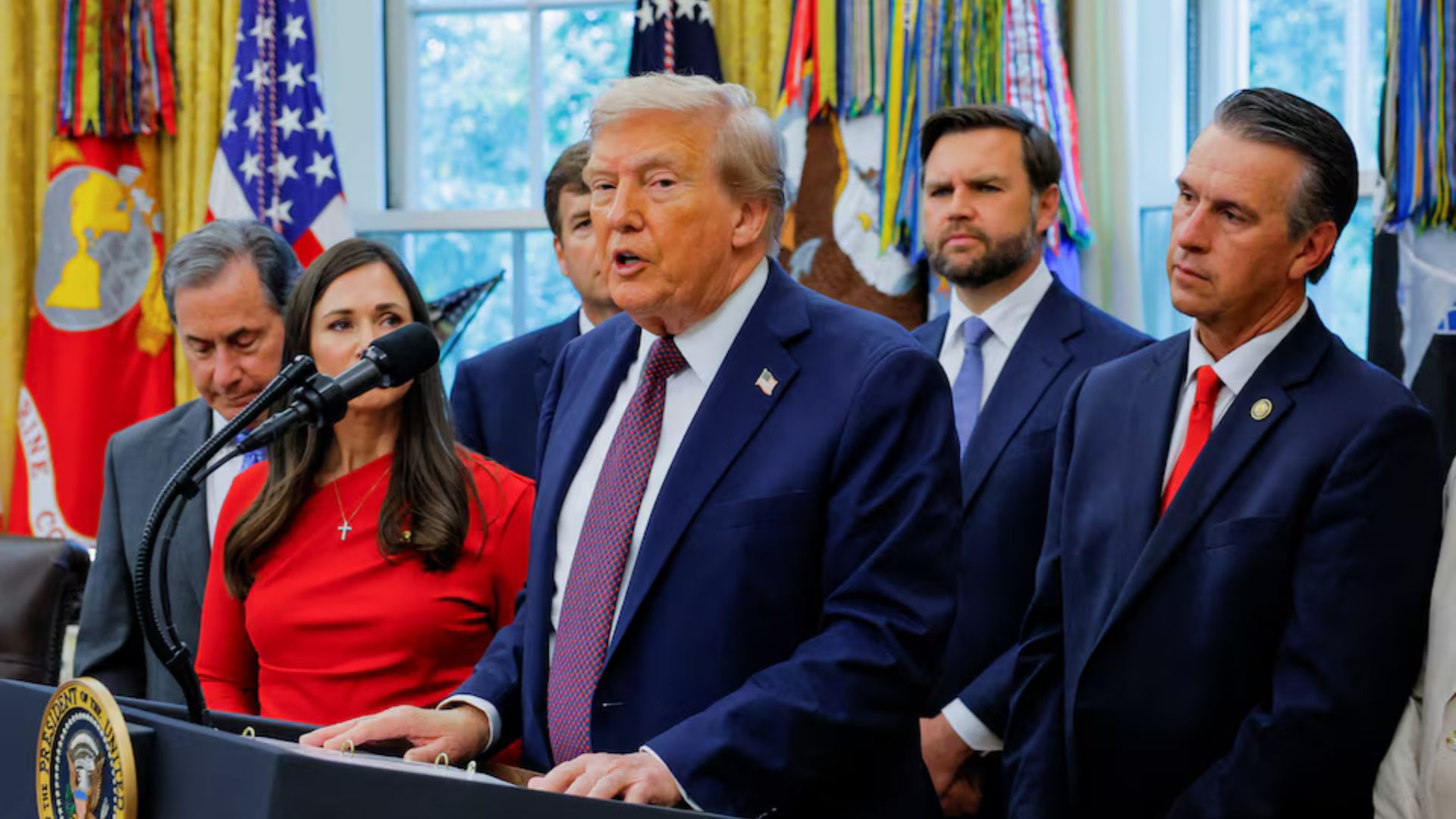
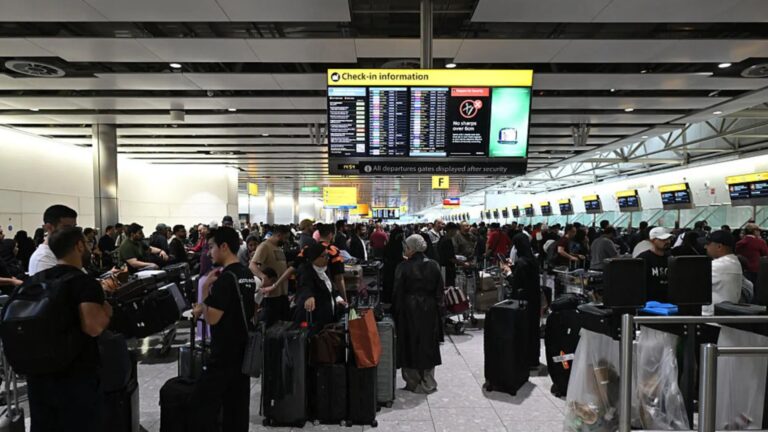
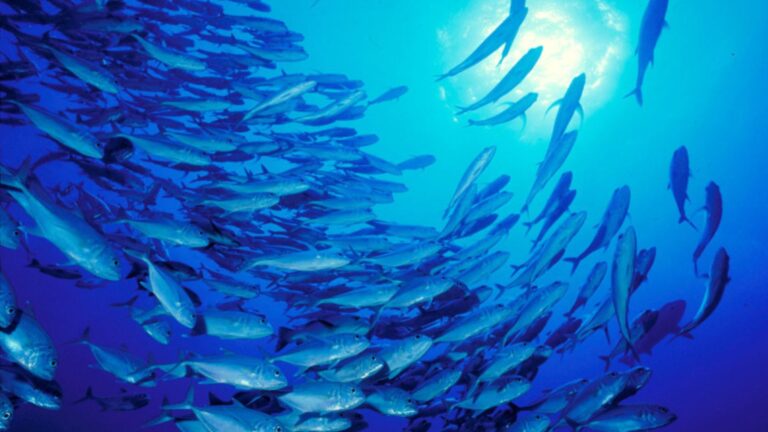




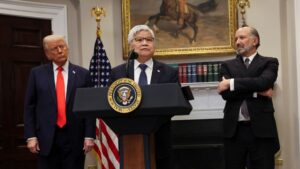


Hey very nice website!! Guy .. Beautiful .. Amazing .. I will bookmark your website and take the feeds additionally…I’m glad to find so many useful information right here within the post, we’d like develop more strategies on this regard, thanks for sharing.